Making full use of Modern technology

Digital Democracy is the use of digital communication technologies to enhance the democratic process. It aims to make democracy more accessible by increasing and enhancing citizen participation in public policy decision making, and increasing government transparency and accountability. Many parliaments, municipal governments and political parties are already pioneering digital democracy.
In the age of pandemics, internet-based voting in elections has been receiving a lot of scrutiny again. However, there are very real security and technological barriers to enabling online voting in elections for now. In the USA, 32 states already permit various kinds of online voting for some subset of voters, and in the 2016 general election, more than 100,000 ballots were cast online. Due to a lack of transparency, testing, and regulatory oversight, and the use of privately owned apps this is highly concerning to many experts.
As technology evolves, and with proper Government oversight there are likely to be new methods to avoid mass fraud and enable the expansion of such methods. For example a combination of RealMe-style Government-issued authentication protocols and blockchain-based systems may resolve some of the issues.
Grounded in Civilised Compassionate Communication
In order to have a functioning democracy, we must find ways to move towards a political culture of inclusive, civilised, and compassionate communication in our political culture.
It is essential that we move beyond political divisiveness, dirty politics, entrenched positions, and partisanship in politics. However, we also must move beyond call-out and cancel culture, and the censorship of views simply because we may not agree with them. Clearly there must be limits when it comes to actual hate speech and incitement to violence as defined by international law. However, these terms should not be wielded lightly as a convenient tool for censorship. The creeping culture of intolerance and censorship on both sides of the political divide is not healthy for a functioning democracy.
In 2019 the Independent report by Debbie Francis highlighted a seriously toxic culture of bullying in parliament and recommended that Parliament must build a culture of dignity and respect. In response, Speaker of the House Trevor Mallard drafted a new voluntary code of conduct in 2020 including seven clear commitments:
- Show that bullying and harassment, including sexual harassment, are unacceptable
- Speak up if we observe unacceptable behaviour
- Use our position of power or influence to help others, and avoid harm
- Act respectfully and professionally
- Behave fairly and genuinely, treating others the way we would like to be treated
- Encourage diverse perspectives, and the free and frank expressions of views
- Foster an environment where people feel safe and valued
This is a good step, but it does not go far enough, perhaps we need to go back to the drawing board and institute more comprehensive rules for nonviolent communication. A good start might be these tools from this excellent bookcalled Peace Begins At Home written by Kiwi and Quaker Mary Rose aimed at three-year-olds and their parents: It recommends the following strategies for peaceful communication:
How do we get there?
The systems, the technology, for such innovations to be adopted are all there. The only thing still lacking is clear political will from our representatives. Just as turkeys will not vote for Christmas, politicians on most points on the ideological spectrum appear to be loath to hand over any real power to citizens.
Rashbrooke points out that all Labour have promised in this space is to rewrite the Official Information Act. However they have given few details about how this would work or whether the public would be deeply involved. There has been little substantive progress made by Labour on increasing participatory government through the Open Government Partnership programme since they have been in government.
Rashbrooke also notes, however, that there is some more progressive policy coming from the minor parties. The Green Party is promising a Crown response to the Matike Mai report and calling for OIA reform. TOP’s democracy reset, meanwhile, proposes comprehensive reform of our democratic institutions. However, neither of these smaller parties is likely to wield significant power in the near future.
That means it is clear that if we want to upgrade our democracy in New Zealand, it is up to us all to drive this change both from within and outside of the established political system. To do this we might consider becoming active and engaging in the political process via parties, local politics, or advocacy groups and challenging them to improve their policies on open government and participatory government.
We can also join in collaborative efforts such as Predator Free NZ, or efforts to regenerate our local environment or community infrastructure. We may also want to launch, or take part in discussions about increasing democratic participation everywhere we can, in our local communities, our schools, our workplaces, and even our online environments.
In other words, we must work tirelessly to tend the garden of our new political culture by fostering the positive seeds of the global tapestry of alternatives thrown up by this transitional time to ensure they grow into a stable new truly democratic system.
The Transitional Democracy Series
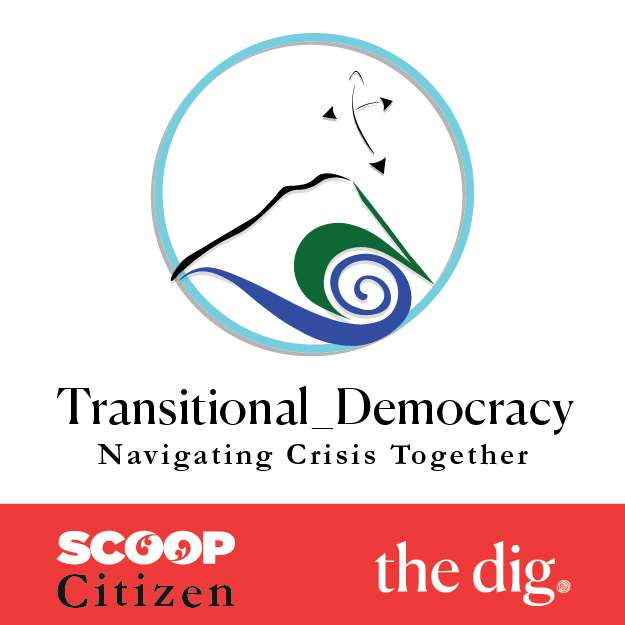
ScoopCitizen is walking the walk on this participation front by running the Transitional Democracy series in the lead up to the 2020 election and beyond. To find out what we mean by Transitional Democracy, please read this introductory piece.
This series weaves together and explores powerful ideas from the global tapestry of alternatives that may shape our society in the next decade. It will feature expert analysis, comment and panel discussions exploring crucial questions around both the democratic transition and transitional thinking reshaping every aspect of our society.
Transitional Democracy highlights the key, ideas, thinkers, projects and champions building the new systems and democratic institutions, practices and infrastructure for our future world.
The Transitional Democracy series will establish five new long-term CitizenDesks covering five key Transitional spheres up to and beyond the 2020 election:
- Transitional Democracy
- Transitional Livelihoods
- Transitional Ecology
- Transitional Wellbeing
- Transitional Thinking
We welcome contributions in the form of submissions or suggestions on any of these topics from freelance journalists, academics, political parties, or NGOs, as well as from ordinary citizens.
Take Part in the Transition
The ScoopCitizen ‘engaged journalism’ service provides a safe and deliberative members-only ‘engaged journalism’ space.
ScoopCitizen provides a space for learning, discussion of ideas and collective action using ScoopCitizen tools via our partnership with GovTech startup NextElection and engaged journalism methodology.
This is an attempt to bring more participation and engagement with you, our readers into the process of creating quality journalism.
The series seeks to address the following questions:
- How might we as a society composed of both Māori and Tau Iwi (other peoples) agree to relate to each other and live together in Aotearoa, NZ?
- How might we make the process of the collective governance of our nation more open and participatory for all citizens?
- How might we create the resilient, adaptive, and stable society that we need to overcome the many global threats we face?
- How might the groups of people, living in our communities, cities, bioregions, and nation share and manage our resources in common and act as custodians for nature and future generations?
Sign up to ScoopCitizen now to stay tuned and participate as we develop the conversation on the Transitional Democracy series.
If you want to support us to expand this conversation and bring on even more great journalists to cover these CitizenDesks please setup a one-off or regular donation to ScoopCitizen via Press Patron. All funds raised will go to creating more quality content on this issue.

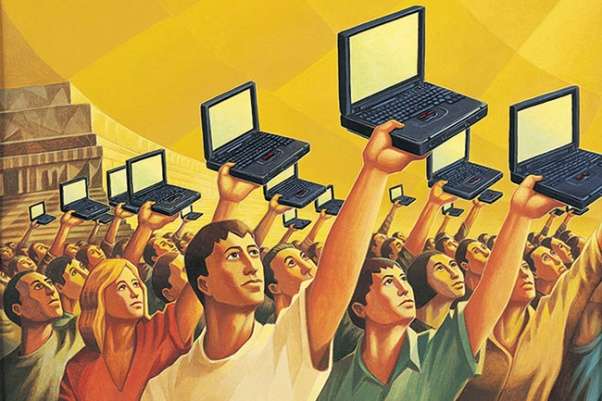


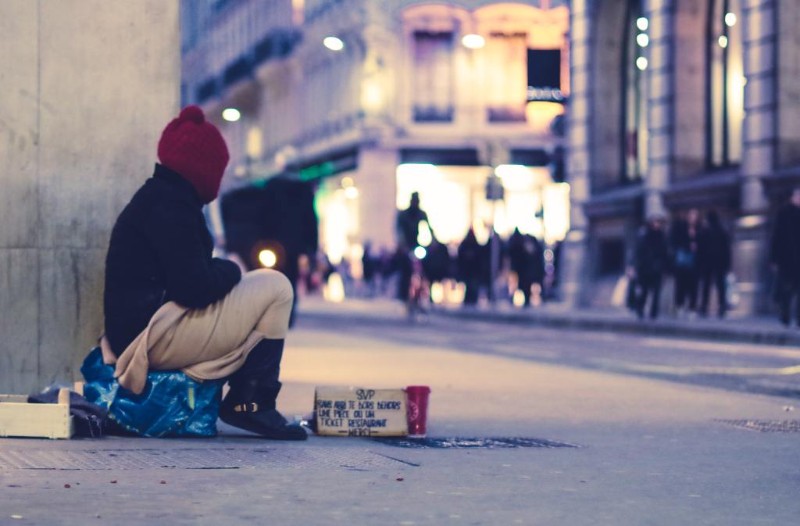


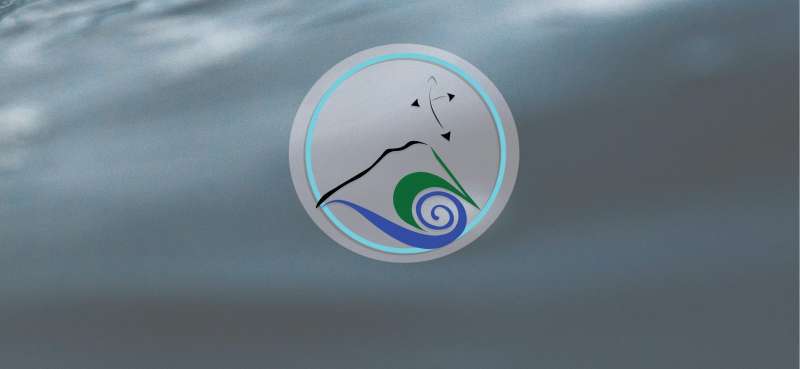
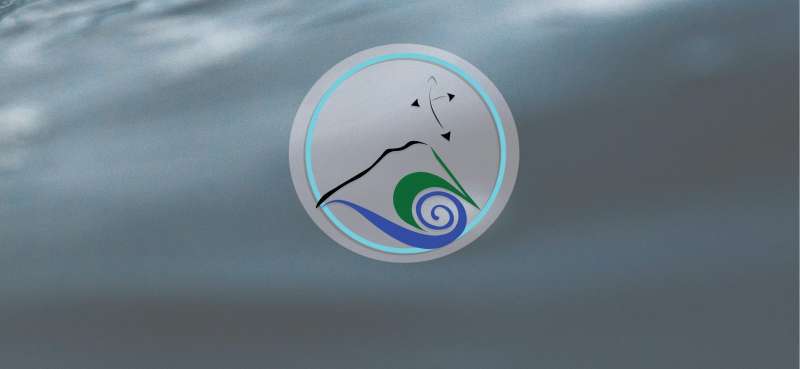
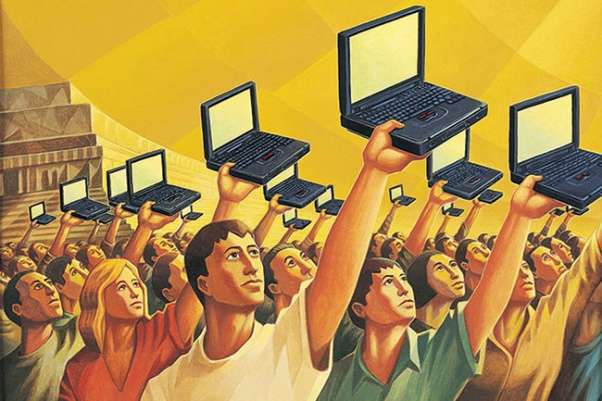
 India
India United States of America
United States of America New Zealand
New Zealand